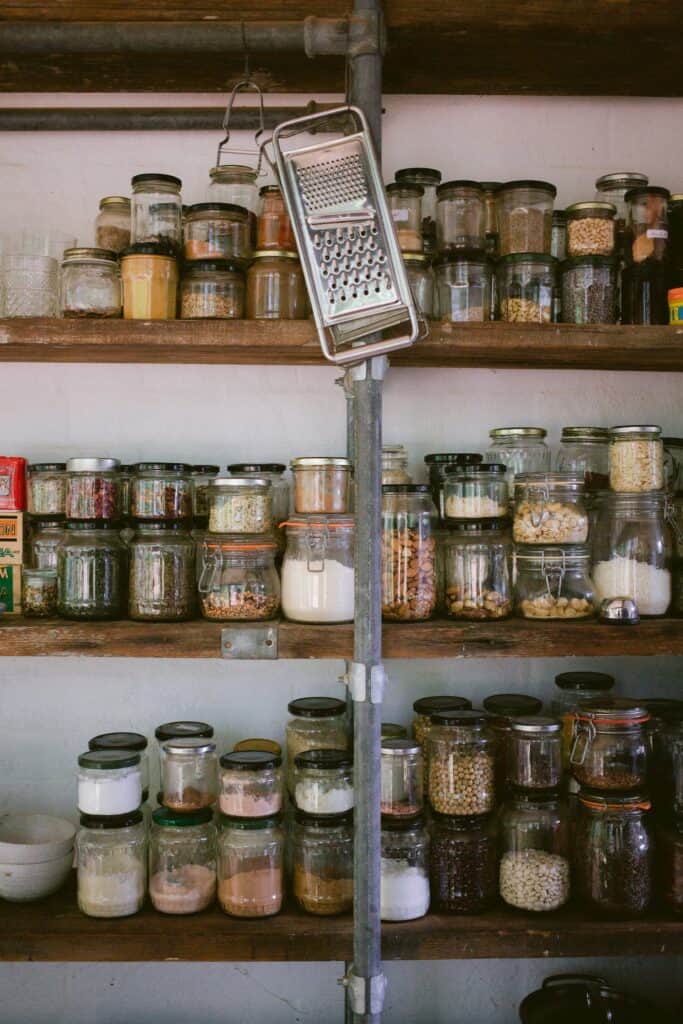February is Canned Foods Month. We’ve talked on the blog before about the importance of having emergency food, especially during winter storms and blackouts. Canned foods seem to fit that bill perfectly since they can be opened with a manual can opener and, depending on the food inside, may not need to be warmed up. It’s easy to collect some cans in your basement and call it good, but how long do canned goods really last? Are you storing them correctly? Today on the blog we’re going to take an in-depth look at canned foods.
Storage
- Store cans in a cool, dry place that has a stable temperature below 85 degrees. Avoid storing cans in places like next to the oven, under a sink, in a garage, basement, or other places where temperatures may vary.
- Practice “Last in, first out” and use the older cans first.
- Try to use up cans within a year of buying them.
- Eat high acidic canned foods (e.g., tomatoes) quicker, as the acid can react with the can.
- Store canned food leftovers in the refrigerator in a new container (preferably plastic or glass).
- Pay attention to the “Sell by” or “use by dates” but remember that these are quality dates. The food may be okay to eat after the date listed, but there will be a decrease in quality, appearance and/or nutritional value. See below for warning signs that canned food should be disposed of.
Things to Watch Out For
- Dents– if there’s a SMALL dent, the food is probably okay. A can with a deep dent (a dent you can fit a finger into) should be discarded.
- Freezing– if a can is left somewhere cold and freezes, it may be salvageable if you can defrost it in the refrigerator. If the can has been frozen and thawed elsewhere, it is not safe to eat.
- Hissing– if a can hisses loudly when opened or bits of food come out when it is opened, it is not safe to eat.
- Leaking-
- Rust– this can create small holes for bacteria.
- Swelling/bulging– swollen cans may be swollen due to bacteria. Discard them immediately.
Unsure whether something is safe to eat? You can call the USDA’s Information Hotline at (202) 720-2791.






